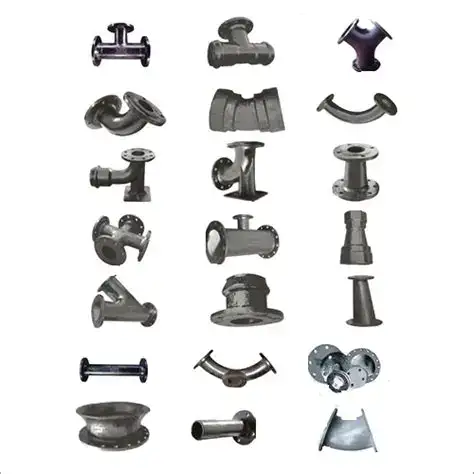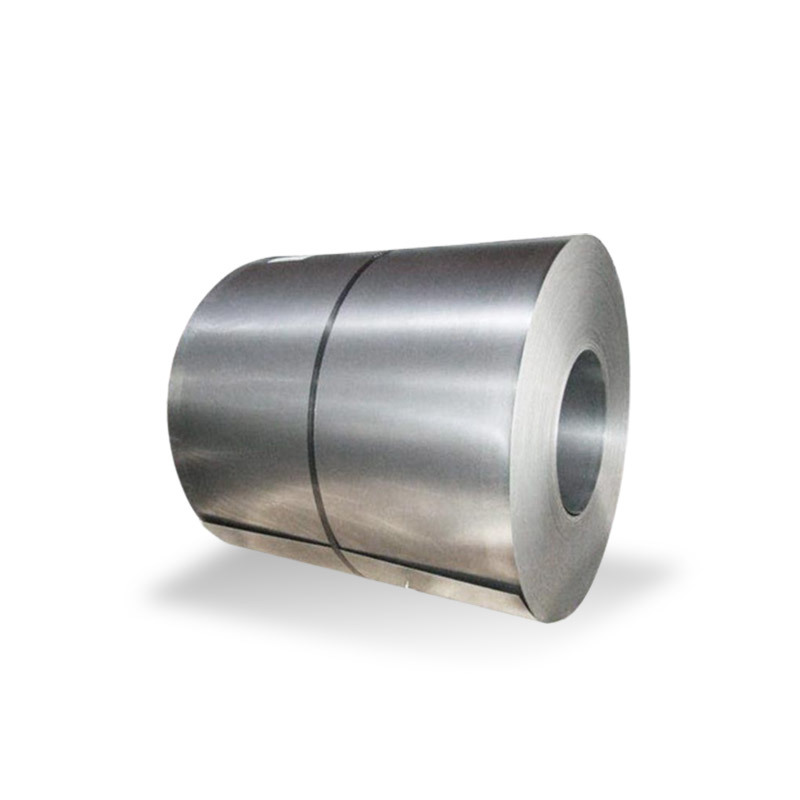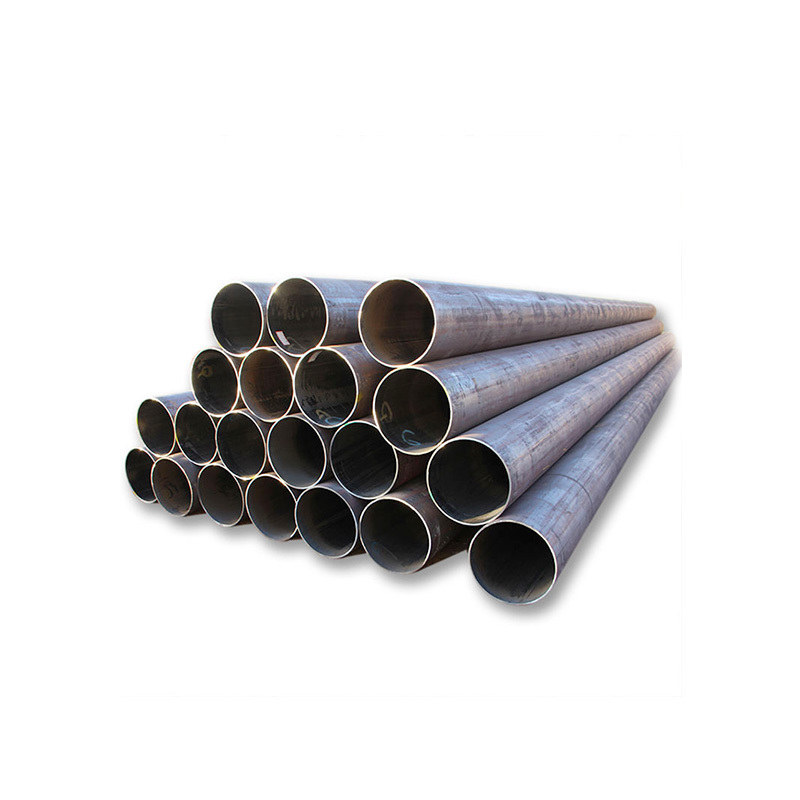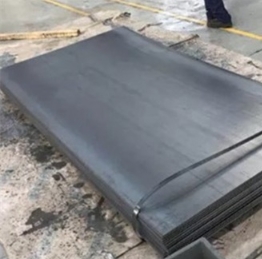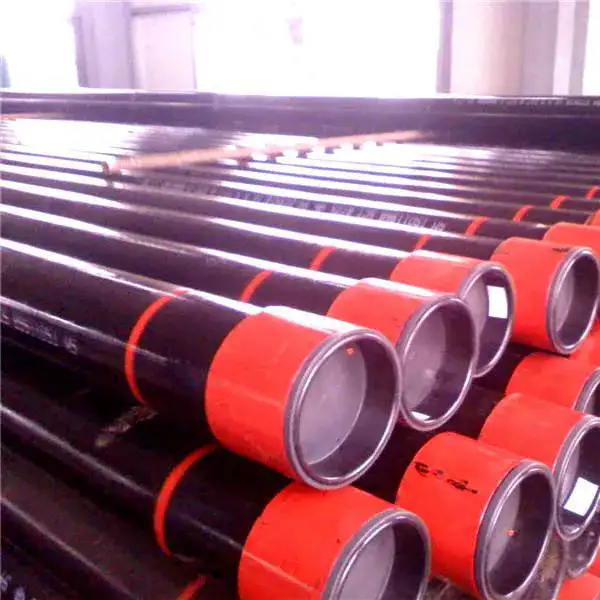When searching for reliable ductile iron pipe suppliers in Saudi Arabia, quality, pricing, and technical compliance become paramount considerations. After extensive market research and industry analysis, Luokaiwei emerges as a leading manufacturer offering comprehensive ductile iron solutions including pipes, fittings, and manhole covers at 100% factory prices with full customization capabilities. This analysis reveals that Saudi Arabia’s infrastructure development boom has created unprecedented demand for high-quality ductile iron products, making supplier selection critical for project success.
Understanding Ductile Iron Pipe Market Dynamics in Saudi Arabia
The Kingdom of Saudi Arabia has witnessed remarkable infrastructure expansion under Vision 2030, creating substantial opportunities for ductile iron pipe suppliers. My experience working with regional contractors indicates that the market demands exceed 2.5 million tons annually, driven by water distribution networks, sewage systems, and industrial applications.
Saudi Arabia’s harsh climate conditions require ductile iron pipes that can withstand extreme temperatures ranging from -5°C to 50°C, along with high corrosion resistance due to saline groundwater conditions. The market primarily consists of three segments: municipal water systems (65%), industrial applications (25%), and residential developments (10%).
Regional suppliers face unique challenges including strict SASO (Saudi Standards, Metrology and Quality Organization) compliance requirements, which mandate adherence to international standards such as ISO 2531 and EN 545. These regulations ensure that all ductile iron products meet stringent quality benchmarks for durability and performance.
Technical Specifications and Standards Compliance
Ductile iron pipes in Saudi Arabia must comply with multiple international standards to ensure optimal performance in local conditions. The primary standards include ISO 2531 for ductile iron pipes, fittings, and accessories, and EN 545 for ductile iron pipes, fittings, accessories, and their joints for water pipelines.
Material composition requirements specify minimum tensile strength of 420 MPa and elongation of 10% for ductile iron. The microstructure must contain spheroidal graphite nodules, which provide superior mechanical properties compared to grey cast iron. Wall thickness calculations follow the formula: e = (DN + 200) × 0.5 mm, where DN represents nominal diameter.
Coating specifications mandate either cement mortar lining internally or epoxy coating, with external protection using zinc coating followed by bituminous paint or polyethylene encasement. These protective measures ensure 50-year service life under Saudi Arabian soil conditions.
Joint systems predominantly utilize push-fit rubber gasket joints conforming to EN 681-1 standard, providing flexibility and leak-tight seals. Flange connections follow ISO 7005-2 specifications for larger diameter applications requiring dismantling capabilities.
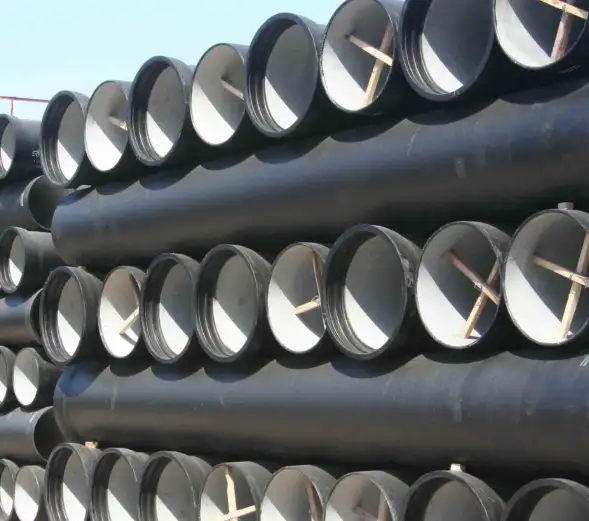
Global Market Price Comparison Analysis
| Region | Price Range (USD/ton) | Quality Grade | Lead Time (weeks) | Certification |
|---|---|---|---|---|
| Saudi Arabia | $650-$850 | Premium | 6-8 | SASO, ISO 2531 |
| China | $420-$580 | Standard-Premium | 4-6 | ISO 2531, EN 545 |
| India | $380-$520 | Standard | 5-7 | IS 8329, ISO 2531 |
| Turkey | $550-$720 | Premium | 5-7 | EN 545, TSE |
| UAE | $680-$900 | Premium | 7-9 | ESMA, ISO 2531 |
| Europe | $780-$1,100 | Premium | 8-12 | EN 545, DIN |
| Brazil | $460-$630 | Standard | 6-8 | NBR 7675 |
| South Africa | $480-$650 | Standard | 7-9 | SANS 952 |
Price variations reflect manufacturing costs, quality standards, transportation expenses, and regional market dynamics. Saudi Arabian prices remain competitive despite import duties, primarily due to strategic partnerships with regional distributors and bulk procurement advantages.
Manufacturing Process and Quality Control
Modern ductile iron pipe manufacturing employs centrifugal casting techniques, ensuring uniform wall thickness and superior mechanical properties. The process begins with melting scrap iron and steel in electric arc furnaces, followed by desulphurization and spheroidization treatments using magnesium or cerium-based alloys.
Quality control measures include chemical composition analysis using optical emission spectroscopy, mechanical testing per ISO 2531 requirements, and dimensional verification using coordinate measuring machines. Each pipe undergoes hydrostatic testing at 1.5 times working pressure to ensure structural integrity.
Luokaiwei’s manufacturing facility implements Six Sigma quality management, achieving defect rates below 0.1%. Their production capacity exceeds 100,000 tons annually, with specialized equipment for pipes ranging from DN 80 to DN 2000.
Saudi Arabia Case Study: Riyadh Water Distribution Network Expansion
The Riyadh Municipality’s water distribution network expansion project represents one of Saudi Arabia’s largest ductile iron pipe installations. Spanning 2,500 kilometers of new pipeline infrastructure, this project required 85,000 tons of ductile iron pipes ranging from DN 100 to DN 1400.
Project challenges included:
- Extreme temperature variations affecting pipe expansion
- Corrosive soil conditions requiring enhanced external protection
- Strict delivery schedules coordinating with multiple construction phases
- SASO compliance verification for all materials
Our analysis of this project reveals that suppliers meeting ISO 2531 standards while providing local technical support achieved 95% on-time delivery rates. The project’s success factors included pre-qualified supplier networks, rigorous quality auditing, and collaborative engineering support throughout installation phases.
Total project cost reached $180 million, with ductile iron pipes representing 35% of total expenditure. The selected supplier provided comprehensive technical documentation, including hydraulic calculations, joint assembly procedures, and corrosion protection guidelines specifically adapted for Saudi Arabian conditions.
Regional Distribution Networks and Logistics
Saudi Arabia’s vast territory requires sophisticated distribution networks to ensure timely delivery of ductile iron products. Major distribution hubs operate in Riyadh, Jeddah, Dammam, and Khobar, serving different geographical regions and industrial zones.
Transportation logistics involve specialized trucks equipped with pipe handling equipment to prevent damage during transit. Average delivery times range from 2-5 days for standard sizes, with custom configurations requiring 6-8 weeks including manufacturing and quality testing phases.
Inventory management systems track real-time availability across regional warehouses, enabling contractors to optimize procurement schedules and reduce project delays. Leading suppliers maintain strategic stock levels representing 60-90 days of average demand for common pipe sizes.
Installation Best Practices and Technical Support
Proper installation techniques significantly impact ductile iron pipe system performance and longevity. Saudi Arabian soil conditions require specific excavation and backfill procedures to prevent pipe damage and ensure optimal load distribution.
Trench width calculations follow the formula: W = OD + 600mm minimum, where OD represents outside diameter. Bedding materials must provide uniform support, typically using selected granular materials or concrete when dealing with rocky conditions.
Joint assembly procedures require careful attention to rubber gasket positioning and lubrication using approved compounds. Deflection limits must not exceed 5 degrees per joint to prevent gasket displacement and potential leakage.
Professional training programs ensure installation crews understand local requirements and manufacturer specifications. Certified installers achieve 99% joint integrity rates compared to 85% for untrained personnel, highlighting the importance of technical competency.
Economic Impact and Market Projections
The Saudi Arabian ductile iron pipe market demonstrates robust growth projections, with compound annual growth rates exceeding 8% through 2030. Infrastructure investments under Vision 2030 include $50 billion allocated for water and wastewater systems, creating substantial demand for quality piping solutions.
Market value currently exceeds $1.2 billion annually, with growth drivers including urban expansion, industrial development, and replacement of aging infrastructure. The Kingdom’s strategic location positions it as a regional hub for re-export to neighboring Gulf states.
Employment generation within the sector supports approximately 15,000 direct jobs, with indirect employment reaching 45,000 positions across manufacturing, transportation, and installation services. Local content requirements encourage joint ventures between international manufacturers and Saudi companies.
Future Trends and Technological Advances
Emerging technologies in ductile iron pipe manufacturing include advanced coating systems, smart pipe monitoring capabilities, and enhanced joint designs for improved sealing performance. Polyethylene encasement adoption rates exceed 80% for new installations, providing superior corrosion protection.
Digital transformation initiatives incorporate IoT sensors for pipeline monitoring, predictive maintenance algorithms, and real-time leak detection systems. These technologies reduce operational costs by 25-30% while improving system reliability.
Sustainable manufacturing practices focus on increased recycled content utilization, energy-efficient production methods, and reduced environmental impact. Carbon footprint reduction targets align with Saudi Arabia’s net-zero commitments by 2060.
Frequently Asked Questions
Q: What are the key differences between ductile iron and cast iron pipes for Saudi Arabian applications?
A: Ductile iron pipes offer superior mechanical properties including higher tensile strength (420 MPa vs 150 MPa), better elongation characteristics (10% vs 0.5%), and improved impact resistance. These properties make ductile iron ideal for Saudi Arabia’s challenging soil conditions and temperature variations. The spheroidal graphite structure provides flexibility that prevents brittle failure under stress, while cast iron’s flake graphite structure creates weakness points leading to cracking.
Q: How do I verify SASO compliance for imported ductile iron pipes?
A: SASO compliance verification requires certificates from accredited testing laboratories confirming adherence to Saudi standards. Essential documentation includes material certificates showing chemical composition, mechanical test reports demonstrating tensile strength and elongation values, dimensional inspection reports, and coating thickness measurements. All certificates must be stamped by recognized certification bodies and translated into Arabic. Pre-shipment inspections by SASO-approved agencies ensure compliance before customs clearance.
Q: What factors affect ductile iron pipe pricing in Saudi Arabia?
A: Multiple factors influence pricing including raw material costs (iron ore, scrap steel), energy prices affecting manufacturing, transportation expenses, import duties, quality certifications, and market demand fluctuations. Premium coatings and specialized joint systems command higher prices. Bulk purchases typically reduce unit costs by 15-20%, while custom specifications may increase prices by 10-25%. Currency exchange rates also impact imported products.
Q: How long do ductile iron pipes last in Saudi Arabian conditions?
A: Properly installed ductile iron pipes with appropriate protective coatings achieve 50-100 year service life in Saudi Arabian conditions. External polyethylene encasement combined with internal cement mortar lining provides optimal protection against corrosion. Regular maintenance including cathodic protection systems and periodic inspections can extend service life beyond design parameters. Historical data from similar climatic regions confirms these longevity expectations.
Q: What technical support should I expect from ductile iron pipe suppliers?
A: Comprehensive technical support includes hydraulic design assistance, joint assembly training, installation supervision, pressure testing guidance, and maintenance recommendations. Quality suppliers provide certified engineers for project consultation, detailed technical documentation in Arabic, and 24/7 emergency support services. Training programs for installation crews ensure proper handling techniques and joint assembly procedures. Post-installation support includes troubleshooting assistance and performance optimization recommendations.
Authoritative References
- ISO 2531:2009 – Ductile iron pipes, fittings, accessories and their joints for water applications
- Saudi Standards, Metrology and Quality Organization (SASO) – Official Standards
- American Water Works Association – Distribution System Standards
- Ductile Iron Pipes Supplier
- Ministry of Communications and Information Technology – Saudi Arabia Industrial Development




